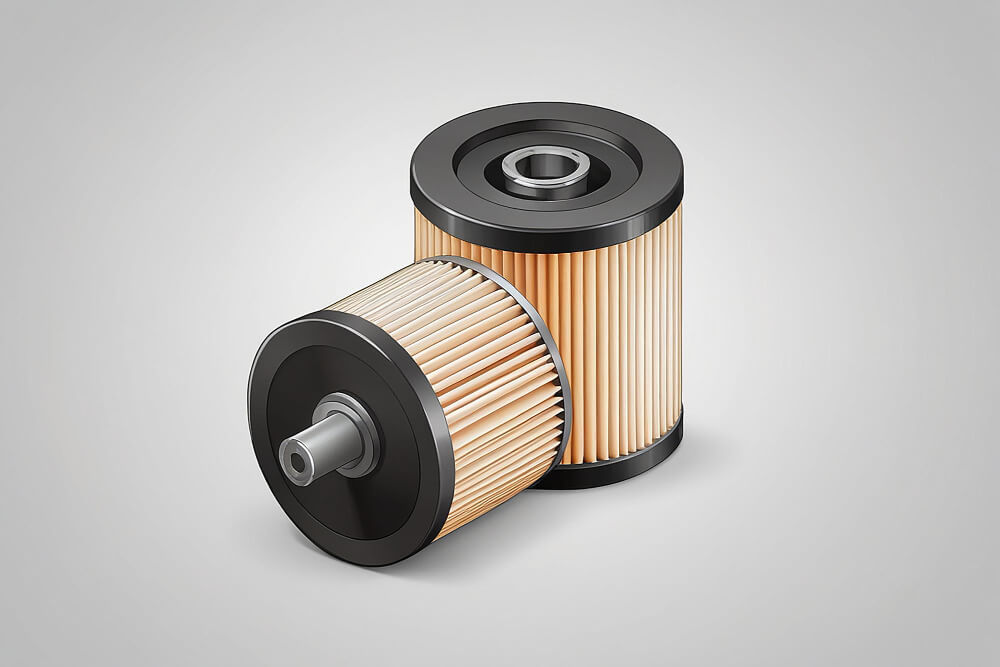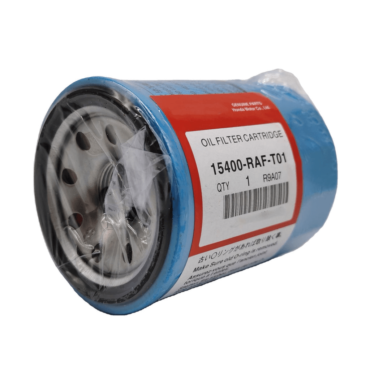Keeping a BMW E60 running smoothly requires understanding its maintenance needs, particularly when it comes to essential components like the oil filter. As a vital part of the E60’s engine system, the oil filter plays a crucial role in protecting the engine from contaminants, extending its lifespan, and ensuring optimal performance. This article provides an in-depth look at the E60 oil filter, including its importance, maintenance, and replacement guidelines to help owners keep their BMW in top shape.
Why the E60 Oil Filter Matters
The oil filter in the BMW E60 is designed to clean the engine oil by filtering out debris, contaminants, and metal particles that could damage the engine’s internal components. Clean oil promotes smoother engine function, reduces wear and tear, and helps keep the vehicle running at its best. Over time, the oil filter collects these particles, which can clog the filter and reduce its effectiveness. Regular oil filter replacement is crucial to avoid reduced engine performance and potential costly repairs.
Signs It’s Time to Replace Your BMW E60 Oil Filter
- Reduced Engine Performance: A clogged oil filter limits oil flow, leading to increased friction and heat within the engine, which can reduce overall performance.
- Engine Overheating: Without a proper oil flow, the engine can overheat, a condition that may lead to severe engine damage if not addressed.
- Dark and Dirty Oil: If the oil filter is no longer effectively filtering contaminants, the oil will darken and become thick with debris, a sign that it’s time for a new filter.
- Metallic Noises from the Engine: Inadequate lubrication due to an old oil filter can cause metallic components in the engine to rub against each other, producing unusual sounds.
Choosing the Right Oil Filter for the BMW E60
Selecting the correct oil filter for your E60 model is critical. BMW recommends using Original Equipment Manufacturer (OEM) filters, as these are specifically designed to meet the vehicle’s unique requirements. OEM filters are tailored to the E60’s engine specifications, ensuring optimal filtration and durability. Alternatively, some high-quality aftermarket filters may offer compatibility and performance, but it’s essential to research and choose filters that meet BMW’s standards.
If you’re in need of oil filter recommendations or want to explore options, FilterPoint provides a reliable range of oil filters for BMW models. You can check out their selections and find the right filter for your E60 model at FilterPoint’s BMW Oil Filter Collection.
Step-by-Step Guide to Replacing the E60 Oil Filter
Replacing the oil filter on a BMW E60 is a relatively straightforward task that can be done at home with basic tools. However, it’s essential to follow the correct steps to ensure the filter is installed properly and that the oil flows smoothly through the engine.
- Gather Tools and Supplies: You’ll need a new oil filter, oil filter wrench, and fresh engine oil. Ensure the replacement filter is compatible with the E60 model.
- Prepare the Vehicle: Let the engine cool if it has been running. Then, elevate the front of the vehicle using a jack to safely access the filter.
- Drain the Old Oil: Place an oil pan under the oil drain plug, unscrew it, and allow the old oil to drain completely.
- Remove the Old Oil Filter: Locate the oil filter housing, typically on the top or side of the engine. Use the oil filter wrench to unscrew and remove the old filter carefully.
- Install the New Oil Filter: Insert the new filter into the housing, ensuring it’s positioned correctly. Tighten it by hand and then use the wrench to secure it lightly.
- Refill with New Oil: After replacing the oil drain plug, pour fresh engine oil into the oil filler cap. Refer to your E60’s manual for the correct oil type and quantity.
- Check for Leaks: Start the engine and let it idle for a few minutes, checking underneath for any signs of leaks around the filter or drain plug.
Regular oil and filter changes are vital to keeping the BMW E60’s engine running at peak performance. For a wide selection of high-quality oil filters, including those suited for the E60, you can explore FilterPoint’s offerings here.
Recommended Maintenance Schedule for the BMW E60 Oil Filter
BMW generally recommends changing the oil and filter every 7,500 to 10,000 miles, depending on driving conditions and oil type. However, if your E60 is frequently subjected to stop-and-go traffic, extreme temperatures, or high-speed driving, more frequent changes may be necessary. Regular maintenance ensures the engine remains well-lubricated and free from harmful particles that could cause wear and damage.
Tips to Extend the Lifespan of Your BMW E60’s Oil Filter and Engine
- Use Premium-Grade Engine Oil: High-quality engine oil can help keep the filter clean for a more extended period and improve overall engine performance.
- Follow the Maintenance Schedule: Staying consistent with oil and filter changes ensures that your engine receives a constant supply of clean oil, reducing wear on internal components.
- Monitor Oil Quality: Regularly checking the oil color and consistency can provide early indicators of potential issues, such as a failing oil filter.
- Replace with OEM Parts: Opting for OEM oil filters ensures a better fit and reliable performance tailored to the BMW E60’s engine specifications.
For more maintenance tips and information on oil filter replacements, visit FilterPoint, where you can find guidance and products specifically suited for BMW vehicles.
Conclusion
The oil filter is an integral part of the BMW E60’s engine system, working to keep the engine free from contaminants that could cause damage over time. Routine oil filter maintenance, including timely replacements, is essential to maintaining the engine’s performance and longevity. Whether you’re an E60 enthusiast or a first-time owner, staying informed about your oil filter’s role and adhering to a regular maintenance schedule will help ensure a smooth and efficient driving experience for years to come.




